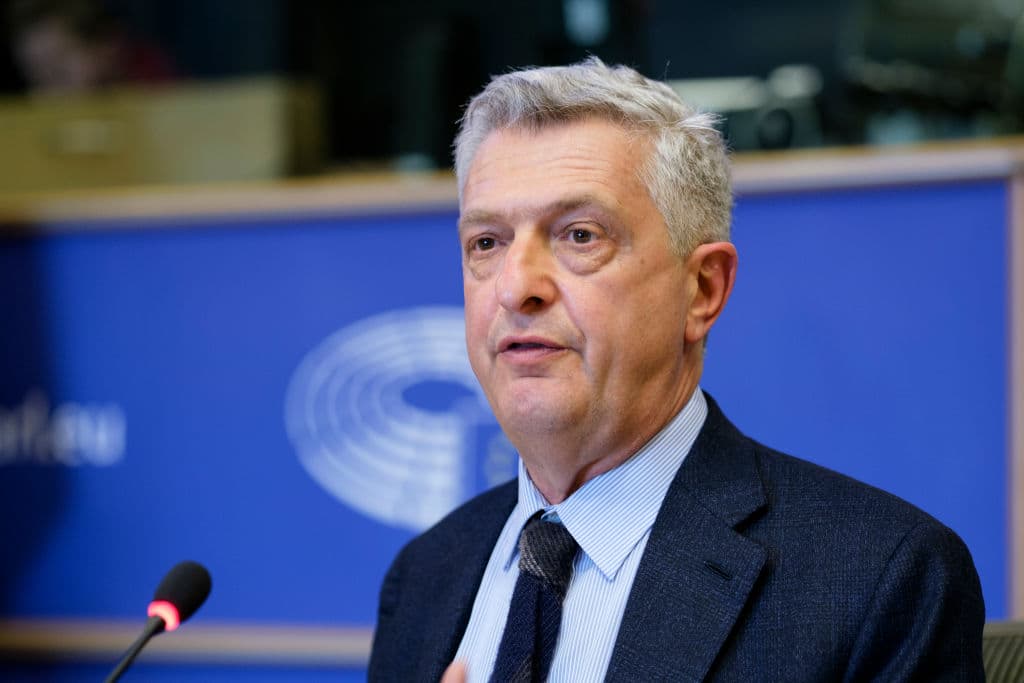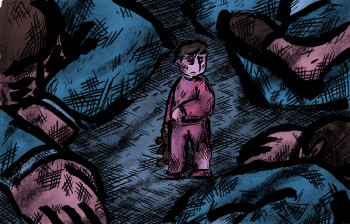UN refugee chief: Russia violating principles of child protection in Ukraine

Russia is violating "fundamental principles of child protection" in wartime by granting Ukrainian children on occupied territories Russian passports and organizing their adoptions by Russian families, United Nations High Commissioner for Refugees Filippo Grandi told Reuters in an interview published on Jan. 27.
During Grandi's six-day tour across Ukraine, the U.N.'s refugee agency (UNHCR) chief met with President Volodymyr Zelensky on Jan. 25.
After the meeting, Zelensky asked Grandi's organization to create mechanisms to "defend and return" children and adults forcibly displaced to Russia, as well as to punish those responsible, according to Reuters.
Grandi told Reuters that the UNHCR wasn't able to determine the exact number of Ukrainian children who were given Russian passports or put up for adoption due to limited access in Russia.
"We are seeking access all the time, and access has been rather rare, sporadic, and not unfettered, if you see what I mean," said Grandi.
According to the UNHCR head, more refugees could return to Ukraine over the warm season, but a possible escalation in hostilities could cause a new wave of refugees, although mostly internal.
"What we have seen in the last few days is not very promising in this respect, everybody foresees that there will be a rise in hostilities, an escalation… and this is likely to generate more displacement," Grandi said in the interview.
Daria Herasymchuk, Ukraine's presidential advisor for children's rights and rehabilitation, reported on Jan. 17 that Russia had abducted almost 14,000 Ukrainian children, and only 125 of them had returned to Ukraine.
The Institute for the Study of War wrote in October that Russia's deportations of Ukrainians likely amount to a deliberate ethnic cleansing campaign in addition to apparent violations of the Convention on the Prevention and Punishment of the Crime of Genocide.











